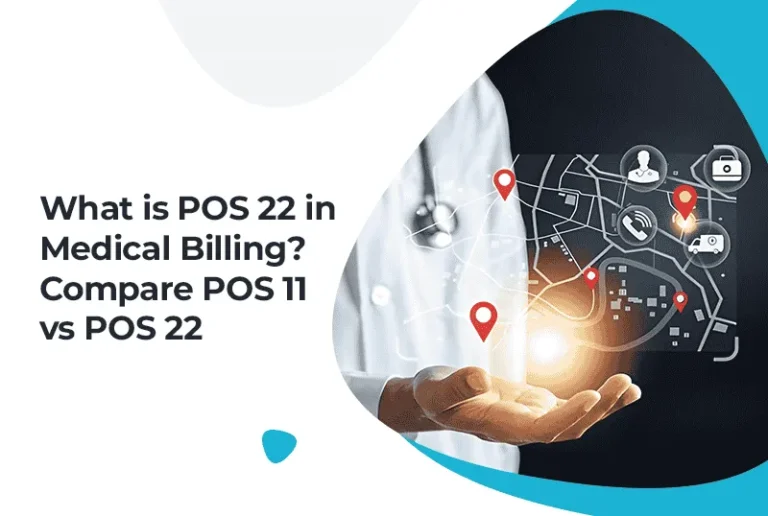Medical billing is like solving a puzzle where every claim needs the right codes to fit the bill. However, sometimes it takes more than a simple CPT or HCPCS code to tell an entire story. That’s where charge modifiers come in!
Think of charge modifiers as the fine print of medical billing—they add essential details about a procedure, ensuring claims are processed accurately and quickly. Without them, you risk claim denials, underpayments, or endless back-and-forth with insurance providers.
Now you know when do you need to have a charge modifier. They can help with the best utilization of reimbursement by preventing the chances of rejection due to claim in this guide of medical billing service on track!
Whats a Charge Modifier?
A two-character code using letters, numbers, or their combination, known as a charge modifier. It will be added after a CPT or HCPCS code to express more information on a procedure.
Without charge modifiers, insurance companies might misinterpret claims, leading to denials, underpayments, or processing delays.
Charge modifiers are particularly useful when a service:
- Seems more complex than usual.
- The process is carried on multiple body parts.
- Involves multiple providers.
- Need separate billing from another service.
- For medical billing companies, using modifiers correctly is crucial to ensuring faster approvals and higher reimbursements.
When Should Charge Modifiers Be Used?
Knowing when to apply a charge modifier can prevent costly mistakes. Here are common situations where modifiers are needed:
1. Performing a procedure on both sides of the body
If a physician does surgery on both knees in the same procedure, the insurance company must be informed about this information.
✔ Use Modifier 50 (Bilateral Procedure)
2. When a Procedure is More Complex Than Usual
Some procedures or treatments take longer or more work because of complications.
✔ Modifier 22: Increased Procedural Service
3. Two Procedures Performed on the Same Day
A physician may do two different procedures in one visit,such as a biopsy and a mole removal.
✔ Modifier 59: Distinct Procedural Service
4. Shared Service Among Providers
In cases where a surgeon performs the operation but another provider takes care of post-op care, separate billing is necessary.
✔ Apply Modifier 54 (Surgical Care Only)
✔ Apply Modifier 55 (Postoperative Care Only)
The right use of modifiers removes confusion and gets medical billing services full reimbursement on procedures.
How to Correctly Use Charge Modifiers
Incorrect application of modifiers can make claims get rejected. Here is how to avoid it:
- Only Use Necessary Modifiers – Too many modifiers can lead to claim denials.
- Follow Insurance Guidelines – Each payer has its own modifier rules.
- Ensure Proper Documentation – Include clear records to justify the modifier.
- Avoid Overusing Modifier 59 – Some insurance companies flag this for potential misuse.
- Train Your Billing Team – Keeping staff updated helps prevent billing errors.
How Charge Modifiers Improve Revenue Cycle Management
Proper use of charge modifiers is key to maintaining a healthy revenue cycle. Here’s how they help:
- Reduce Claim Denials – Insurance payers can process claims more accurately.
- Improve Cash Flow – Faster reimbursements mean better financial stability.
- Ensure Compliance – Following insurance rules prevents penalties or audits.
- Optimize Reimbursement – The right modifier prevents underpayments.
Mastering charge modifiers is something that every medical billing company needs to be proficient in to ensure healthcare revenue cycle management.
Conclusion
It is very important to know what is a charge modifier for accurate billing. These codes guarantee proper processing of claims, maximum payments, and minimum denials. With the proper application of charge modifiers at the right time and in the right manner, healthcare providers can optimize revenue cycle management and remain compliant with insurance rules.
To a medical billing company, effective use of charge modifiers implies fast payments, fewer rejections, and thus better financial results. Stay up to date on the latest billing rules, apply modifiers correctly, and your reimbursement success rate will go up. This is how you’ll know whats a charge modifier.







